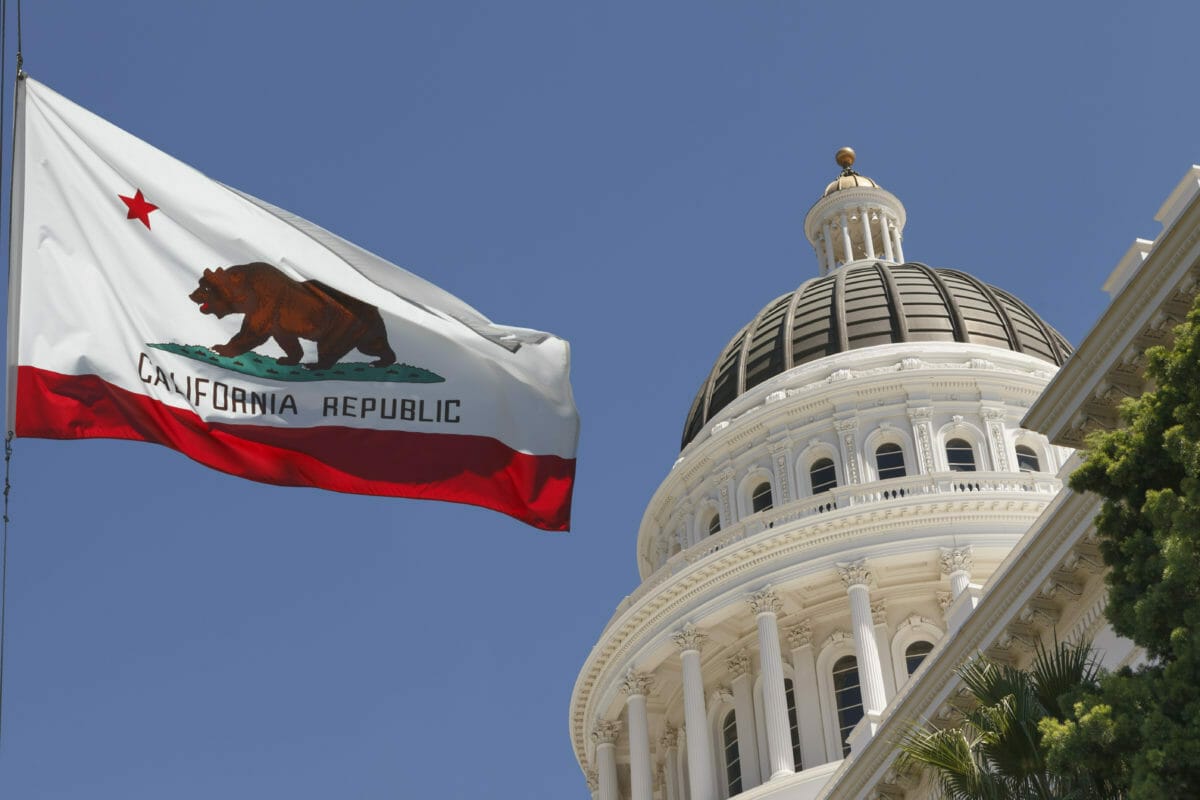California’s Governor Gavin Newsom’s recent executive order calling on the state’s pension funds and endowments to invest more in green energy and less in fossil fuels flags more, complicated divestment decisions ahead for CalPERS 13-member board. The Governor can’t order divestment because fiduciary duty rests with the board, yet his drive promises more handwringing and strife in the giant pension fund’s quest to balance the consequences of divestment’s lost performance and transaction costs with responsible investment.
At least that’s what the future holds if CalPERS December board meeting was anything to go by during which members discussed the thorny issue of its approaching 2021 review of six divestment programs across tobacco, firearms, coal, Iran, Sudan and emerging market equity principles, a program that screens companies from the emerging market portion of its internally managed global equity portfolio that don’t meet ESG standards.
For some board members, the review risks opening old decisions that were reached after prolonged discussions at the time. For others – like board member Jason Perez who said his call to look again at divestment strategy has become a “broken record” – it’s an opportunity to revisit decisions that have cost the fund dearly. For example, CalPERS has lost around $3.5 billion of returns by not investing in tobacco since 2001. A decision based on a view at the time (and reaffirmed in 2016) that the industry was about to hit tough times because of lawsuits and a new awareness among young people of smoking’s dangers.
The merits of tracking divested dollars, and the value of data illustrating what the pension fund has missed out on given it has other pressing considerations, is a cause of consternation for some. Some questioned its use, worried it promotes misunderstanding and pressure to “jump back in.”
But for others examining how divestment performs is an important building block in the reaffirmation process.
Counting the cost of tobacco divestment is “ridiculous”, argued Theresa Taylor.
“To me it just seems silly to look at it as a loss,” she said.
Moreover, few other investors seem to follow the same practice. Daniel Ingram, vice president, responsible investment research and consulting at Wilshire Associates presenting the financial impact of the divestment programs to the board said most asset owners don’t monitor financial gains and losses from divestment according to a recent survey.
“The governance around [this] was probably a bit weaker than what we had expected. Not that many do conduct this kind of an exercise. We picked out one or two examples. Divestment analysis does go on, but not on an annual basis.”
In what he called a “philosophical” comment CalPERS CIO Ben Meng urged the board to “stop chasing its tail” and focus on the sentiments, beliefs and driving factors behind divestment decisions at the time rather than judge with hindsight based only on performance outcomes of divested assets. Similarly, board member Eraina Ortega argued it was “overly simplistic” to look at divestment through an outcome lens and not realise “what was considered at the time” particularly around risk factors. Moreover, she pointed out the pension fund doesn’t list “every other investment it hasn’t made” and the losses therein.
How CalPERS re-invests divested money into the portfolio is another, ongoing concern. Money is re-assigned into the global public equity portfolio according to benchmarked weightings.
“The dollars that come out are spread across the whole fund, so we eliminate [for example] tobacco and everything else gets pro-rated up by its existing weight,” explained Andrew Junkin, president of Wilshire Consulting. Yet members referred to an “incomplete analysis” and not having a “handle” on the process, requesting more light on the benefit derived from re-invested funds.
The board also discussed the frequency of divestment reviews. Some urged against the 13-members “micro-managing” divestment decisions on a more frequent scale than the existing five-year deep dive and one-year high level review. It was one of several nods to the extra toil it brings on CalPERS stretched investment team.
“It does take a big-time commitment from staff,” said Kit Crocker, investment director at the fund. Others also suggested the review process might do better to offer insight into lessons learnt, particularly around impact, rather than “assigning staff to bring a bunch more stuff back” or “second guessing decisions.”
“When organisations such as ourselves divest from an industry, a certain organisation or country, what is the impact on the behaviour of those organisations?” asked Lisa Middleton. “Are we actually producing a positive impact by our divestment decisions or are we not?”
Lastly the board heard how divestment is an active decision that therefore should be re-visited.
“Whether it’s [divestment] forced upon you or whether it’s your choice, it’s an active decision,” said Junkin. “In some cases, you can change your mind. You can’t on Iran and Sudan, but you could re-invest in tobacco. As painful and as long as that process was on the single divestment, that, quite frankly is the process that you need to go through on all of these, on a regular basis to reaffirm yes, we want to stay out of that.”
The fraught reaffirmation of past divestments in the years to come suggests one thing: new divestment around fossil fuels won’t happen anytime soon.




Excellent remark by JM@corpgov.net and probably related to the question: “what is the best (financial) interest for pension participants?”. Have a look at Dutch pension funds’ effort to truly understand the preferences of their participants rather than politicising the debate here: https://papers.ssrn.com/sol3/papers.cfm?abstract_id=3287430 Another great remark by Vanessa: it may be very well that NOT investing in Fossil Fuel companies is a better long-term investment decision. Since we leave the responsibility to the fiduciaries they have the obligation to update their views with recent academic evidence and they also will have to objectively (i.e. no politics please) assess the probability of achieving decent returns with for instance oil companies in a world in which the global community in the broadest sense will press more and more for innovations in renewable energy.
The last line of this article — “new divestment around fossil fuels won’t happen anytime soon” — ignores some important information: namely, that fossil fuel divestment will SAVE the fund money, and strengthen the portfolio. At the November 2019 Board meeting, CalPERS board members were presented with the findings of a study that showed the fund would be $11.9B richer had it divested from fossil fuels 10 years ago. This rigorous study, conducted by Corporate Knights, found similar losses from CalSTRS and CoPERA’s fossil fuel investments. In fact, across the board, fossil-free funds are outperforming their oily counterparts — and will continue to do so as the world rapidly decarbonizes. BlackRock’s announcement yesterday further reinforces this trend. Rather than embracing a false dichotomy of morality vs. profit, CalPERS board members need to understand that their fiduciary duty requires them to divest our public employees’ hard-earned dollars from this dying industry NOW. The co-benefit, of course, is moving a giant lever of capital to address the looming climate crisis. But even in the short-term, protecting the future of human civilization is also a smart financial move.
How about at least surveying CalPERS members on these issues? I’m not saying members should be able to override the legislature but they should have some more direct avenue of input to CalPERS directors like Mr. Perez outside the election cycle. CalPERS has a website that can be used to interact with its members. They should take advantage of it.
In my personal opinion, the need to revisit our divestments has to do with Fiduciary Duty. The current CalPERS Board members must re-evaluate the divestitures to determine if they are prudent, even if they were not on the Board at the time the decision was made.